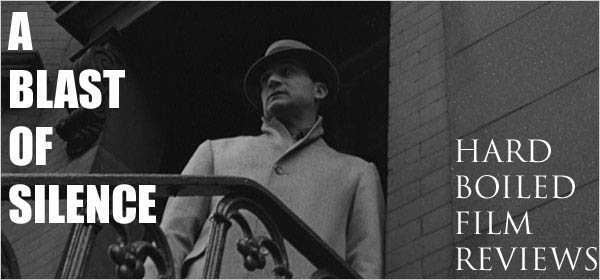This the fifth studio album from Muse, a band who’s more popular in the United Kingdom than you could ever imagine, brings the best of the old and a few shining spots of great new to create a new organic listening experience for the band’s diehard fans.
Both rhythmically rocking and symphonically constructed, The Resistance is a turn in a different direction and a change of intent for the trio of unique musicians that make up Muse. At the same time, the album is both strikingly different but all so ever familiar sounding.
The Resistance sheds influences of classical composures with the ending of “United States of Eurasia” being an arrangement of a Frédéric Chopin piece, subtitled “Collateral Damage”, a track that begins more similar to Queen than anything else. It’s this variety that in the grand scheme of things makes for this absolutely swooping collection of songs, hitting all spots of genuinely heart pounding musicianship.
A track like “Unnatural Selection”, “Resistance” or “MK Ultra” might ring more true to the origins of Muse with catchy choruses and heavy electronic based guitar riffs, but this all eventually turns into the albums closure, the three part “Exogenesis”, a true Muse symphony. The dynamics of adding an orchestral touch to the end of this booming album is a beautiful touch.
The album isn’t all perfect. The lyrical portion of Muse has never been something I’ve been blown away by, but with the way lead singer Matthew Bellamy presents what he’s saying, he could be singing about whatever he wants to and I’ll still fall under the spell of his up and down falsetto style.
A few tracks hit low marks, such as the R&B inspired “Undisclosed Desires”, a track that is too far from what makes Muse great to really hold in high regard. And the worst song on the album is “Guiding Light”, a strange, far too synthy and almost 1980’s ballad piece complete with a soaring but for some reason cheesy solo.
But those are a few negatives I’m willing to put aside for a great chance. I’m not sure I’ll ever love this version of Muse as much as I love the Absolution-era band, but this certainly is a beautiful and captivating album, and one brilliant modern orchestral composition.



No comments:
Post a Comment